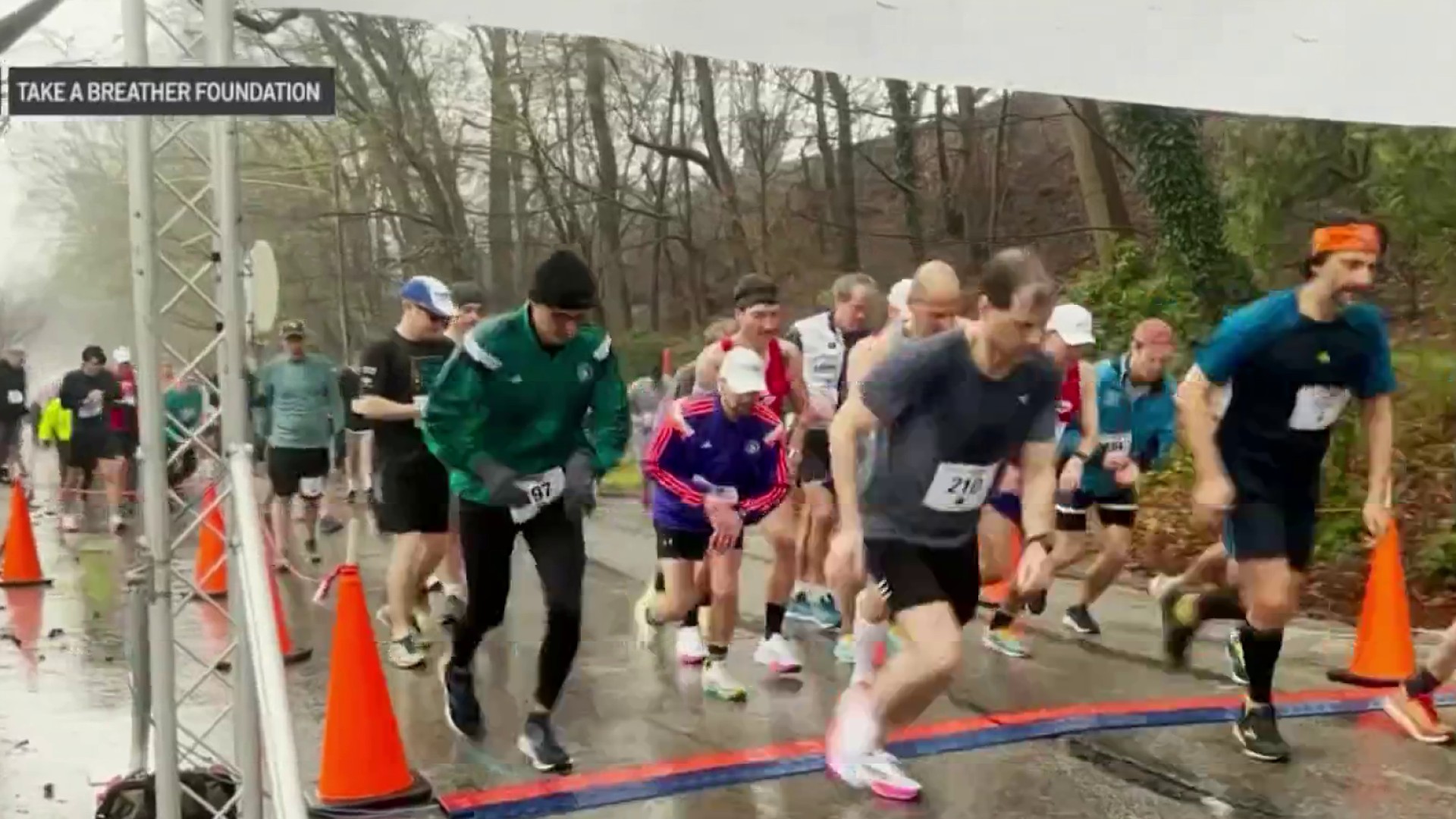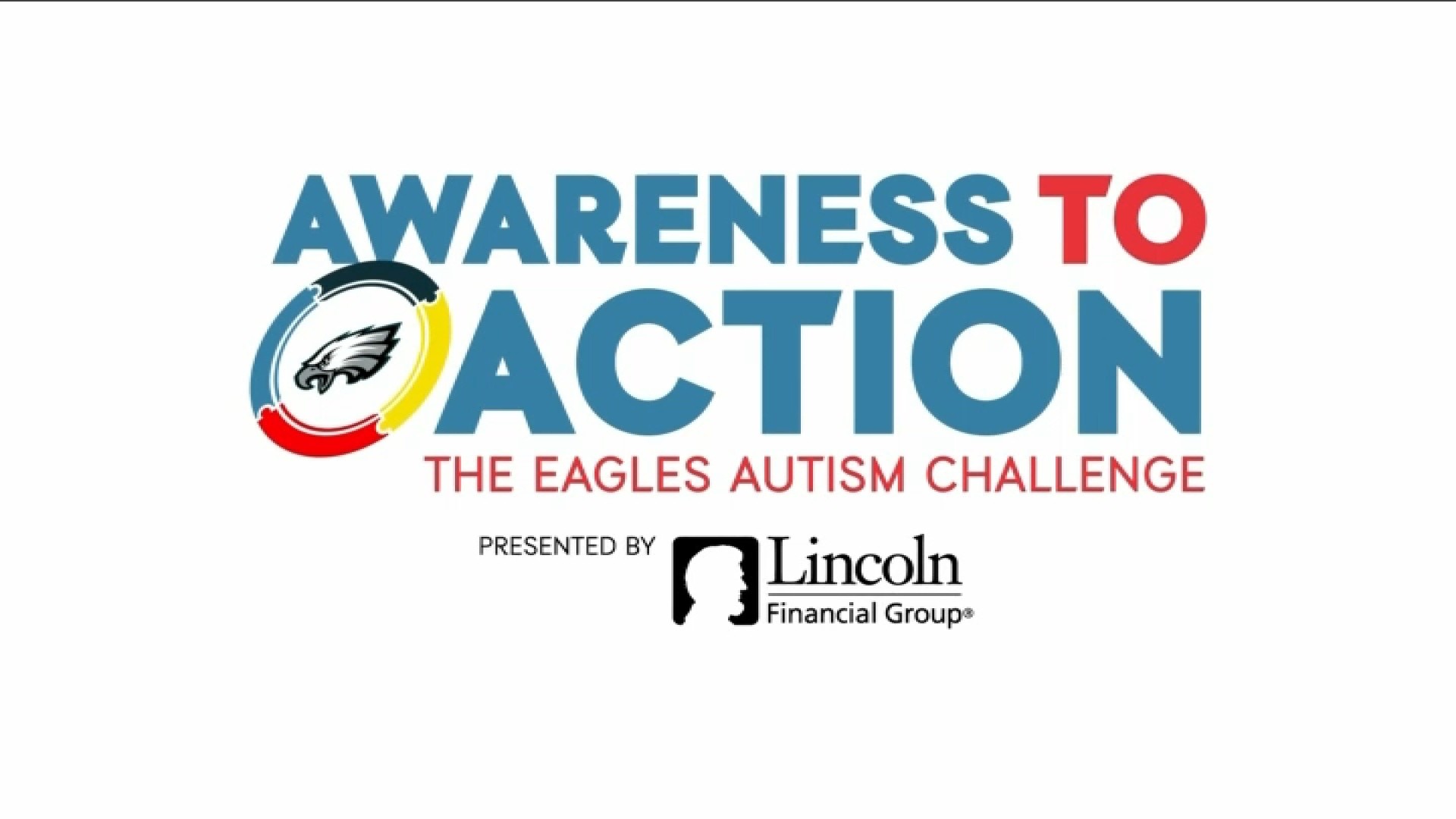Lee esta historia en español aquí.
White Philadelphians are disproportionally getting vaccinated for monkeypox, even though more than half of the city’s current infections are among Black people.
Even though patients who identify as Black made up 55% of all infections as of Aug. 17, they make up only 23% of vaccinations. Meanwhile, white patients make up 27% of infections but also 57% of vaccinations.
The figures are found in a new online dashboard that the Philadelphia Department of Public Health unveiled Thursday as a way of improving transparency when it comes to monkeypox cases in the city.
Get Philly local news, weather forecasts, sports and entertainment stories to your inbox. Sign up for NBC Philadelphia newsletters.
“We are very concerned. I would say that from the beginning of this campaign to vaccinate people, we’ve been worried about especially our Black population,” Health Commissioner Dr. Cheryl Bettigole said in an interview with NBC10.
Part of the reason why the city has not been able to adequately inoculate at-risk Black people is because of a lack of federal funding, Bettigole said.
This lack of funds has made it difficult for the department to give money to “trusted partners” within communities to provide vaccines, she said. That strategy was used during the peak of the COVID-19 pandemic, when funds went to groups like the Black Doctors COVID-19 Consortium that specifically targeted minority and underserved populations.
Health
The city is, however, actively trying to cut the monkeypox vaccination gap among Black people, Bettigole said.
The health department has been meeting with advocacy organizations like Philly Black Pride to help identify better ways to meet people where they are so they have better access to the vaccine, she said. The department has also identified a “small amount” of funds within its budget to dedicate to groups that “have better reach” in the Black community, she added.
“(We are) really trying to get something moving quickly to get some funds to the groups that have better reach in the Black community because those (vaccination) numbers are not good enough. So that’s the thing that has to happen next,” Bettigole said.
The city by Monday will find out how many more vials of vaccine it will receive from the federal government, she said.
Monkeypox spreads through “close, personal, often skin-to-skin” contact, including touching objects, fabrics and surfaces used by someone infected with the virus, according to the Centers for Disease Control and Prevention. The virus presents itself as a rash and causes symptoms like fever, chills, swollen lymph nodes and muscle aches. Many in the outbreak have developed extremely painful zit-like bumps.
The U.S. has the most infections of any country — more than 14,000.
The CDC has said monkeypox is not a sexually transmitted infection and that its spread through sex is a biproduct of the skin-to-skin contact that happens during intercourse. However, new research suggests that sex between men could be a driver of infections, particularly through seminal fluids exchanged during oral and anal intercourse.
About 98% of U.S. cases are men and about 93% were men who reported recent sexual contact with other men. However, the CDC warns that the virus can also infect women and can spread through vaginal contact, and that anyone can be infected, regardless of gender or sexual orientation.
One of the steps officials are suggesting to prevent spread of the virus is temporarily limiting the number of one’s sexual partners.
Monkeypox is endemic in parts of Africa, where people have been infected through bites from rodents and other small animals, but it wasn’t considered a disease that spreads easily among people until May, when infections emerged in Europe and the U.S.
There have been more than 39,000 cases reported in countries that have not historically seen monkeypox. No one in the U.S. has died, but deaths have been reported in other countries.



